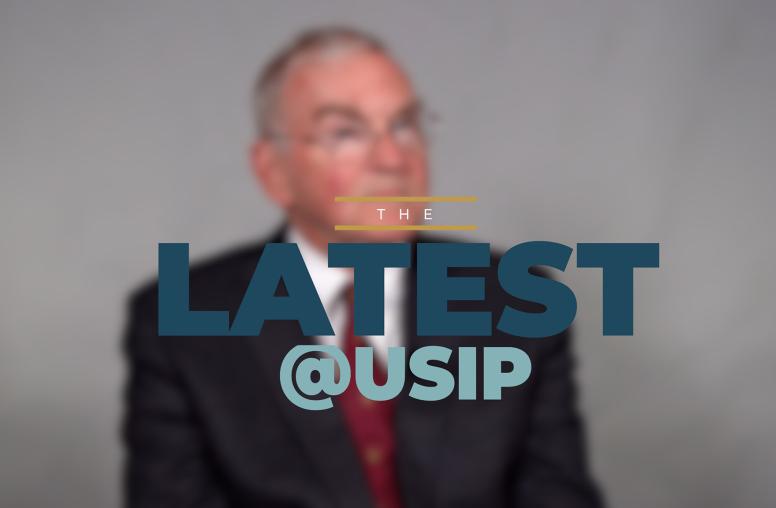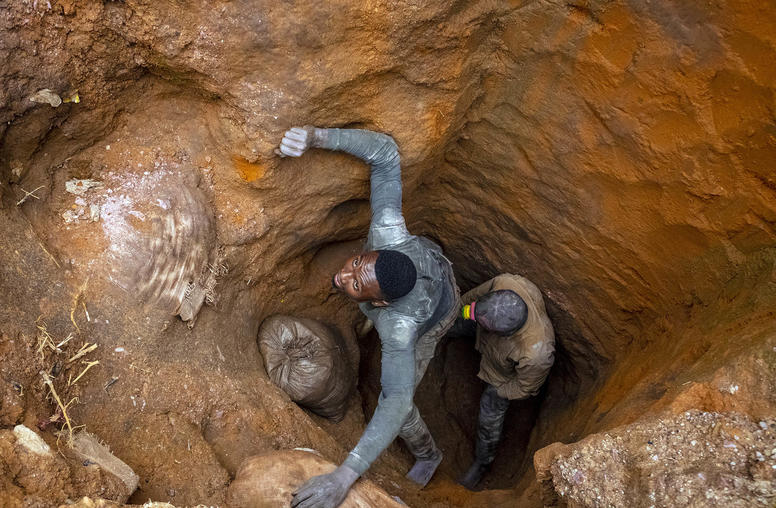Promoting Stable Green Transitions in Oil States
Traumatic Decarbonization and Instability in Fragile Contexts
Hydrocarbon revenue is a primary source of political finance for many fragile and conflict-afflicted countries, from Iraq and Sudan to Nigeria and Venezuela. Governance institutions in these contexts are often weak, and elites will use material rewards to strike political bargains and peace settlements. However, as countries take action to address climate change, the transition away from fossil fuels will eliminate these non-renewable sources of political finance.
This sudden shift could spark “traumatic decarbonization,” where the rapid, unplanned reduction in hydrocarbon revenues threatens the peace and security of fragile states. For transitions to green economies to succeed, international actors must prepare to avoid the harmful unintended consequences of traumatic decarbonization.
On January 20, USIP hosted a panel of experts to discuss the issue of unplanned decarbonization in Africa and the Middle East. Diverse cases, including Sudan, South Sudan, Nigeria, and Iraq, shed light on the variations in elite pacts and political economies, the different kinds of decarbonization, and their contrasting international contexts. In addition, this event explored what happens to the rules of the political game and the various ways authoritarian and kleptocratic government practices can evolve even under severe economic strain.
Continue the conversation on Twitter using #EnergySecurityUSIP.
Speakers
Lise Grande, opening remarks
President and CEO, U.S. Institute of Peace
Jeremy Moore
Senior Program Officer, U.S. Institute of Peace
Alex de Waal
Executive Director, World Peace Foundation, Tufts University
Aditya Sarkar
Researcher, Peace and Conflict Resolution Evidence Platform
Tegan Blaine, moderator
Director, Program on Climate, Environment, and Conflict, U.S. Institute of Peace



